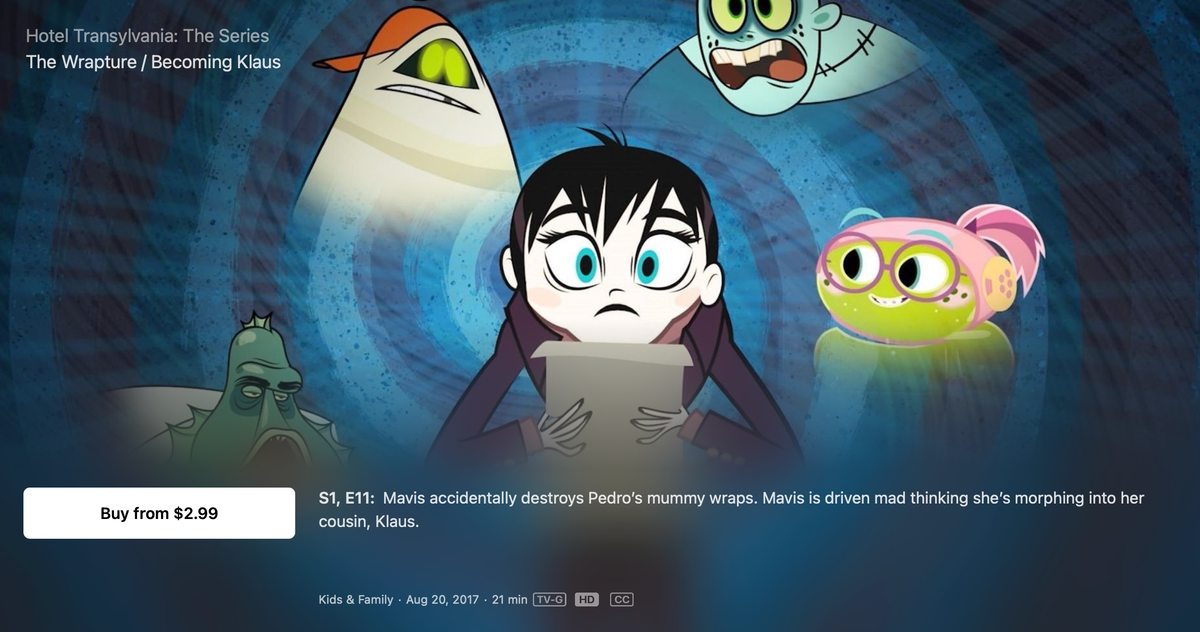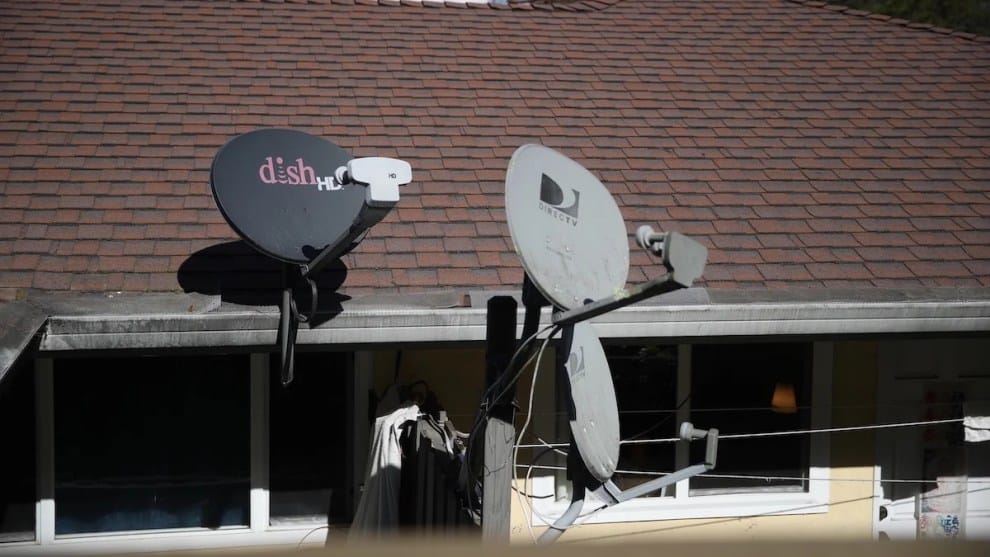Netflix Really Is TV Now

Wave the white flag. Throw in the towel. It's over for linear TV.
Netflix has struck a landmark deal to show linear TV for the first time with French TV network TF1, as traditional broadcasters struggle with changing viewing habits and fierce competition from streaming giants.
TF1 will use Netflix’s platform to broadcast shows such as Brocéliande and The Voice, as well as major live sports in its home country. France’s largest commercial broadcaster will show all five of its linear channels on Netflix, as well as more than 30,000 hours of TV shows available on demand.
Yes, this is just one channel. And yes, just in France. But this has clearly been where this is all heading. That is, to a world where Netflix isn't just eating into traditional television time, but where it is television. This deal is symbolic, if nothing else. But it's also likely the first of many such deals.
The deal opens the door to more deals between Netflix and traditional TV groups, which are struggling with declining audiences and advertising revenues as more people watch TV online or over streaming services.
Greg Peters, co-chief executive of Netflix, told the Financial Times some French audiences now thought of “TV as Netflix, and so this is an opportunity for us to work with the largest broadcaster in the French media ecosystem [and] producer of great, premium content”.
Peters said the deal would bring different sorts of TV shows to Netflix, such as soap operas, as well as live sports. TF1 shows the French national football team’s matches as well as other sports, including basketball.
Netflix has the viewers and so now they will aggregate the content. Obviously, they've been doing this in many ways since day one of the streaming service, but this makes them the full-on front-end of TF1 when it comes to streaming. Like everyone else – aside from Sony, which smartly saw this future before everyone else – the French network had been trying to compete with their own streaming offering, but it wasn't really working out. So now they'll continue to milk the profits from traditional television until the cow runs dry while seeking actual growth and viewership through the platform with the actual viewers.
They're not disclosing the deal terms here, but it would be fascinating to know. Presumably there will be some sort of revenue share, but will it be for subscriptions that TF1 drives or advertising revenues, or both?
That last bit also seems to be key here. Before Netflix found religion with regard to advertising, it seemingly would have been harder to strike deals like this. But now that they can share advertising revenues – the key business for TF1, of course – with such partners, it's a lot more seamless and presumably easy of a conversation.
Especially because this deal will bring both more live sports and more live programming in general to Netflix.
And now the world will be watching – certainly the network television world, quite literally – when this partnership rolls out next summer. If it works, does it entice one of the smaller US streamers to go all-in with Netflix as a tile on their homescreen? Maybe they take a hybrid approach and keep their service stand-alone but also offer it through Netflix via a rev share partnership? Functionally, this might look similar to how you can have the Hulu app or you can watch it through the Disney+ app (because, of course, Disney owns both – and loves offering as many streaming options as humanly possible).
Speaking of, does this cause Disney to strike a similar deal with a non-owned player to aggregate them inside of Disney+? Certainly, you could see the forthcoming new ESPN streaming service do this for sports rights they don't own... Amazon? Apple? And what about YouTube? Does this cause them to come off the sidelines and strike similar deals to combat Netflix for the future of television?1
Update: As Tobias Steinke notes on Bluesky, Amazon has been offering some live linear television to Prime Video users since earlier this year, in a "Live TV" area of the service. Though Prime Video is not Netflix, of course.





1 Not YouTube TV, the vMVPD, but YouTube itself. BTW, I finally made good on my promise and cancelled YouTube TV yesterday. It's simply too expensive for what it is now. I have all the content I want/can watch on other streaming services!






